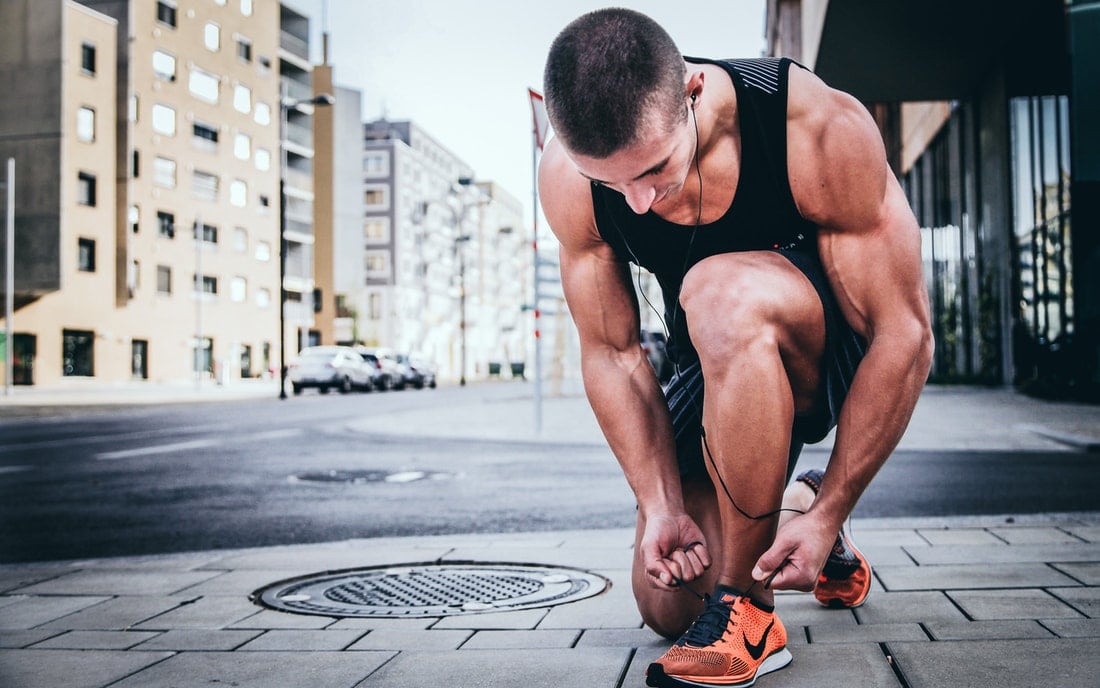
While advertisements typically portray women when they target those who suffer from varicose veins, men are almost as likely to have varicose veins as women. It is important for men to understand the benefit of taking proper care of their vein health. Although many men are not as concerned about the cosmetic side of varicose veins, bulging, varicose or spider veins can be an indication of a leg vein problem that needs to be addressed.
Of the 20- to 30-million people in the United States with varicose veins, almost half (45 percent) are men. Unlike women, who tend to seek treatment for varicose veins when they first appear due to cosmetic reasons, men generally wait until the problem is more severe and causing pain, and even possible vein ulceration.Why Men Need To Care For Their VeinsEveryone’s veins have valves that are responsible for properly circulating blood through the body. However, these valves can become weak over time. This is problematic in the lower leg, where veins have to work extra hard to push blood upward and against gravity. If veins aren’t strong enough, blood will pool in the lower leg and create a varicose vein. These veins can be dark blue in color and appear to be bulging just under the skin’s surface.Varicose veins are more than just a cosmetic concern. They can cause legs to feel painful, heavy, restless, or itchy. And they can worsen over time, increasing men’s risk of developing venous ulcers or a blood clot.
Because men typically wait longer than women to seek help, their varicose veins are much more serious. This can easily lead to more involvement of the vascular system and longer recovery times.Common Varicose Vein Symptoms
Spider veins and varicose veins are basically the same problem — venous insufficiency — that occurs in different-sized veins. Spider veins are small, generally painless, and branch out in a tree pattern. They will generally occur in the legs or, less commonly, on the face.
Spider veins may form from excessive sitting or standing, genetics, aging, obesity, hormone imbalances, damage to veins, blood clots, or sun damage. While some of these risk factors are non-controllable (genetics, aging), you can develop a plan to incorporate healthier habits into your daily routine, such as walking more frequently, losing weight, and giving up smoking, among others. Removing these risk factors will greatly decrease the likelihood of developing spider veins, or ease any irritation caused by spider veins.
The treatment plan for men with varicose veins is identical to a woman’s treatment plan as long as the man visits his vascular specialist early. Delayed treatment leads to more pronounced problems and a longer recovery. Early treatment may involve compression stockings or a change in lifestyle while later treatment often includes inpatient, minimally invasive surgical procedures. Two common procedures are laser and radiofrequency ablation, which shut off varicose veins to reroute blood to healthier veins. These treatments have a high success rate. Ambulatory phlebectomy involves making a few small incisions to remove the affected vein. Blood reroutes to healthier veins and patients walk out of their doctor’s office after out-patient surgery.
Central Florida Vein & Vascular is your Orlando vascular center for information on men’s health and well-being.